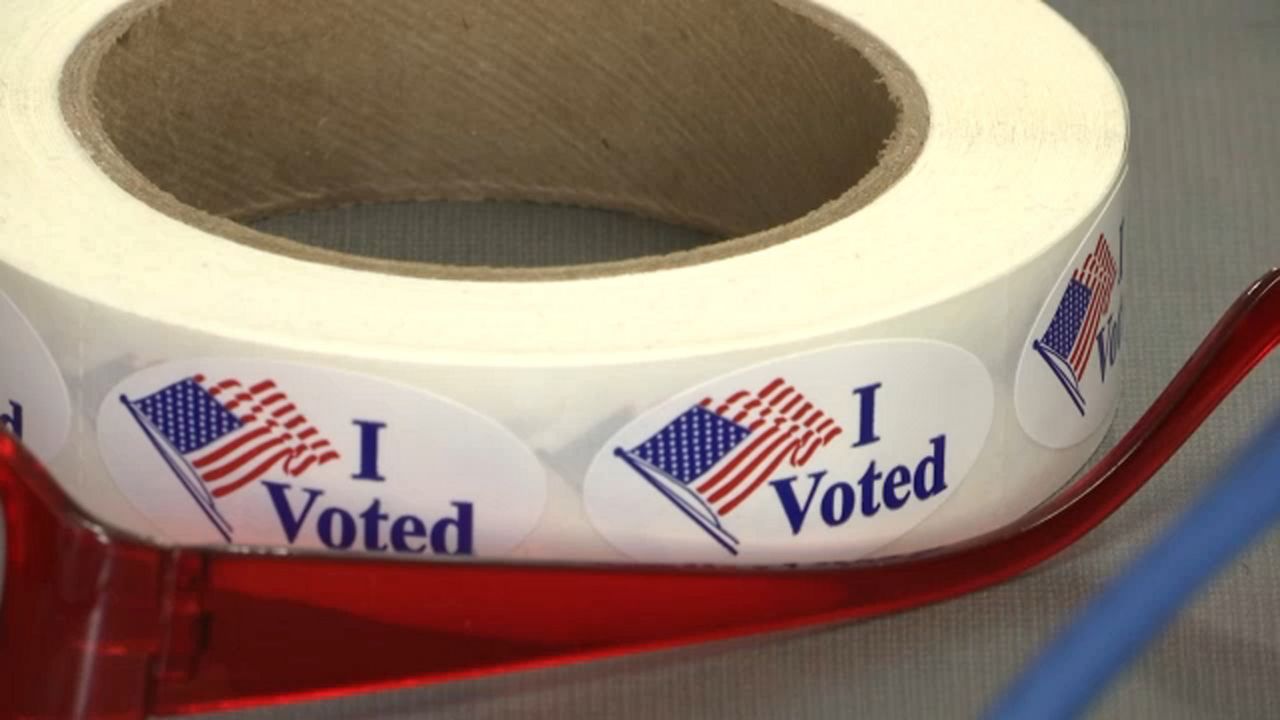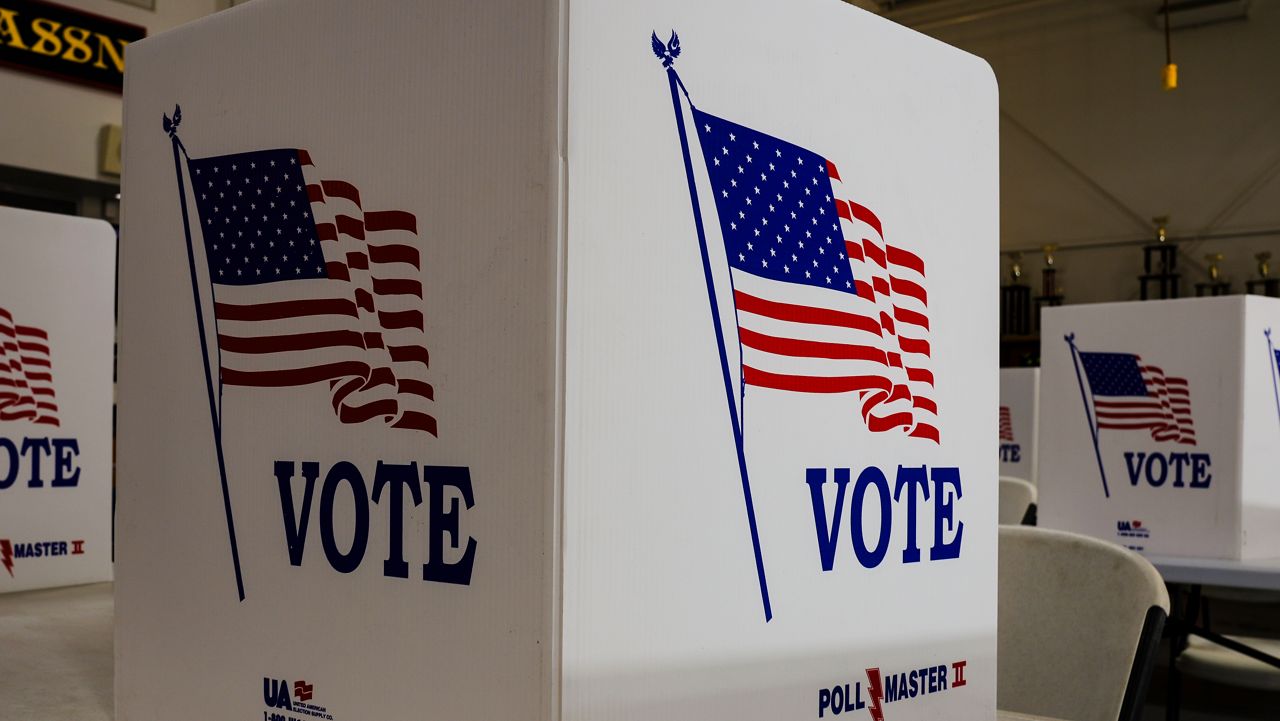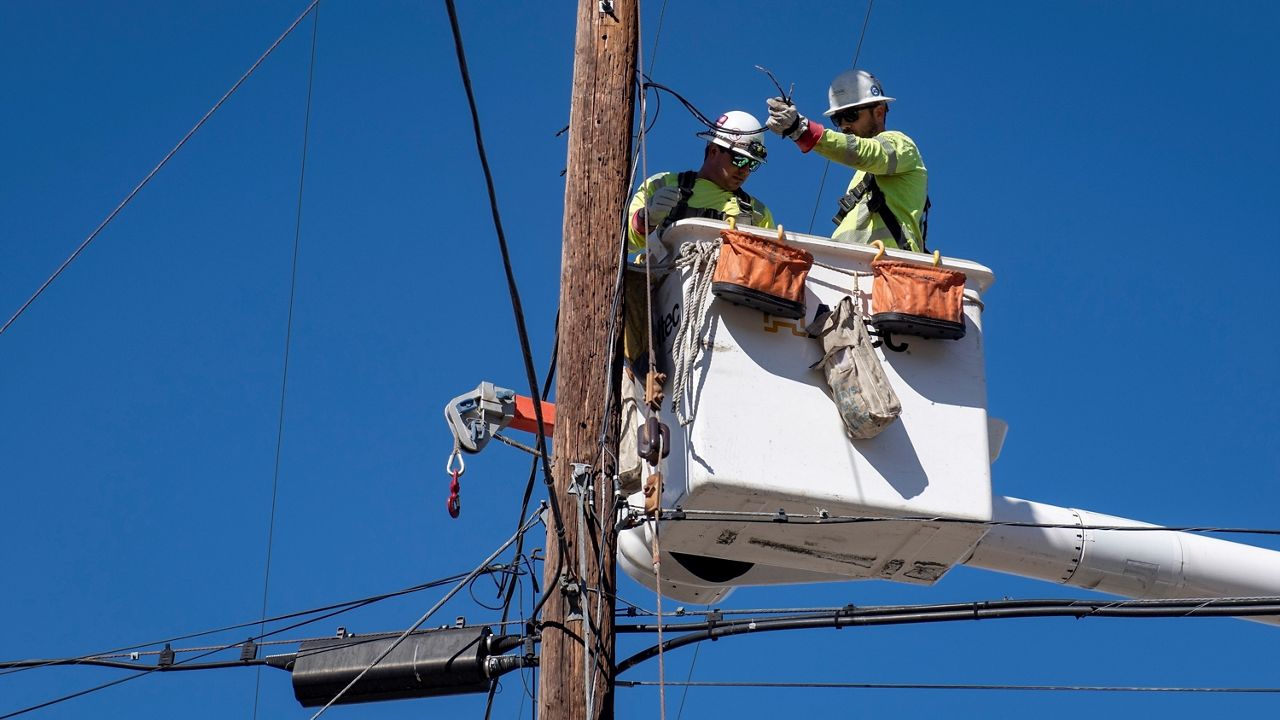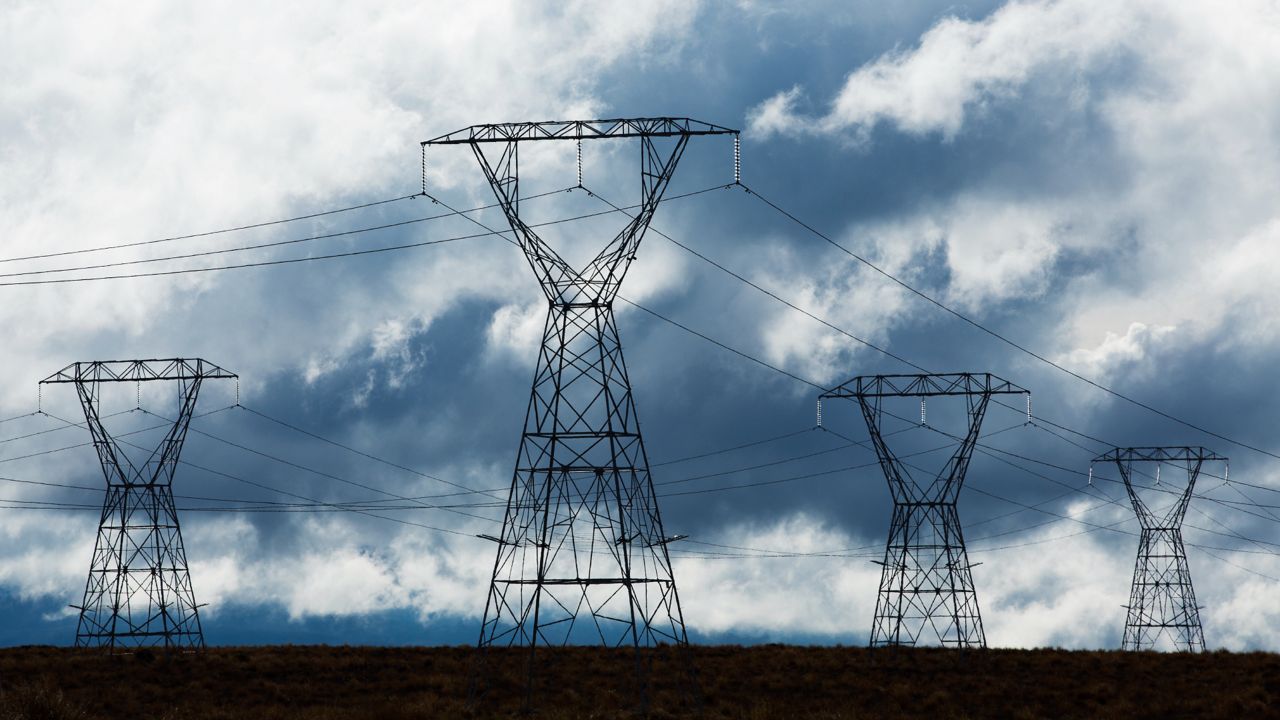As more states move to award their Electoral College votes to the winner of the national popular vote in presidential elections, Republican legislators in Florida are filing measures to establish formal opposition to participating in the National Popular Vote Interstate Compact.
What is the National Popular Vote Interstate Compact?
Now joined by 15 states and the District of Columbia, the compact is designed to preserve the institution of the Electoral College while at the same time fundamentally altering its traditional role in making presidential elections state-by-state contests. If it were to take effect, the compact would require member states to award their electoral votes to the winner of the national popular vote, regardless of whether a plurality of their own voters decided to back that winner. If such a system had been in place in 2000 and 2016, Florida's electoral votes would have gone to Al Gore and Hillary Clinton, not George W. Bush and Donald Trump.
When would the compact take effect?
Under the terms of the compact, a handful of states representing at least 74 more electoral votes must join in order for its terms to go into effect. According to organizers, the compact has passed at least one chamber in eight additional states encompassing 75 electoral votes (AR, AZ, ME, MI, MN, NC, NV and OK).
What do supporters say?
Not only does the current Electoral College system fly in the face of the American democratic principle of majority rule, supporters argue, but it effectively excludes the interests of voters in 38 states that aren't part of the presidential election battleground map.
Why are Republican state legislators in Florida opposed?
The sponsors of House and Senate resolutions (HR 323/SR 1458) to oppose involvement in the compact warn that awarding the state's electoral votes to the winner of the national popular vote would eliminate Florida's status as a preeminent swing state. The outsized attention it gets during and in between presidential elections, they say, would evaporate, as well.
Are the resolutions binding?
No. In the Florida Legislature, resolutions aren't technically bills but, rather, ceremonial opinions expressing the collective positions and wishes of the body. Passage of the resolutions, however, could serve to underscore the challenge facing compact supporters as they work to convince the state to sign on.








